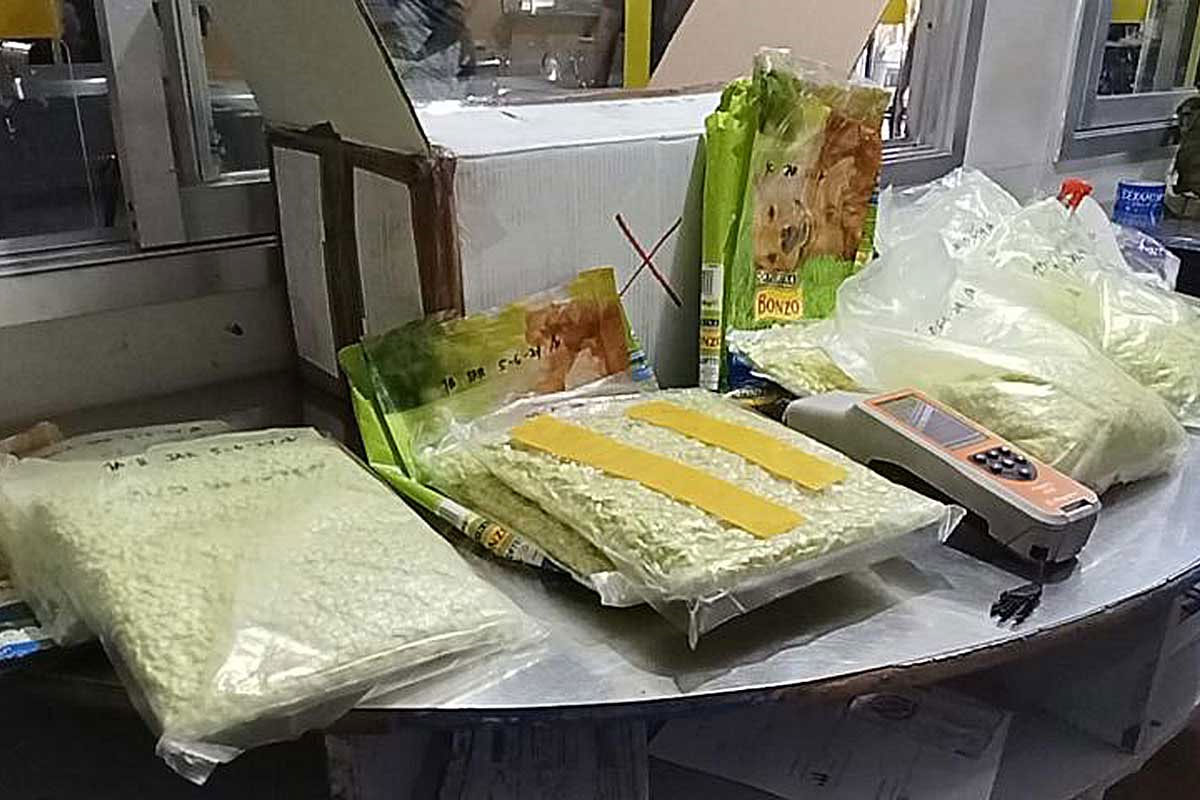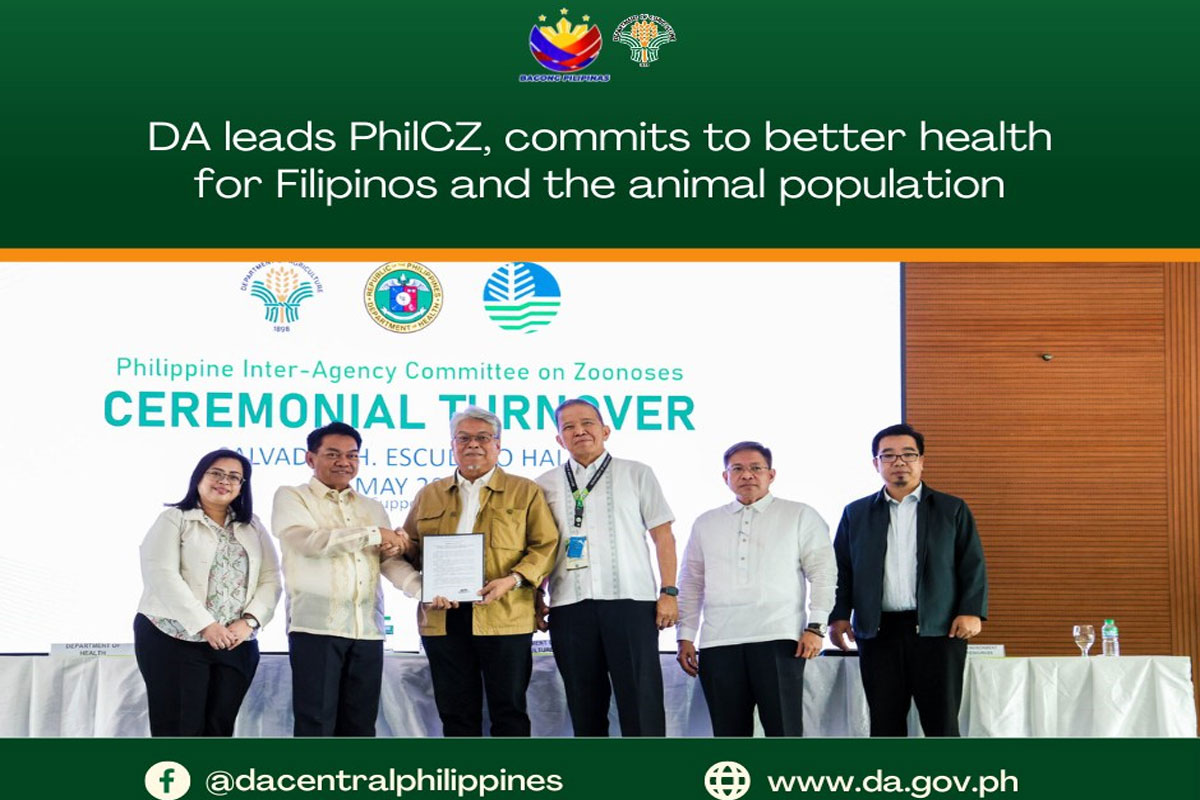
BAI imposes stricter border control for ASF-free ZamPen
THE proper movement, transportation of live pigs, pork, and their by-products is being strictly enforced within and outside the Zamboanga Peninsula (ZamPen) to safeguard the region from African Swine Fever (ASF).
The Bureau of Animal Industry (BAI)-Regional Veterinary Quarantine Station (RVQS) IX, in collaboration with the Department of Agriculture (DA) – Regional Field Office (RFO) IX, local government units (LGU), and other concerned offices and agencies made the move to maintain the region from its ASF-free status.
The strict enforcement is mandated under the provisions of DA Administrative Circular (AC) No. 12, Series of 2019, and reinforced by the Office of the President’s Administrative Order (AO) No. 22, Series of 2020.
In the last 30 days, the region had intercepted and prohibited the illicit entry of 81 kilograms of pork/by-products, and 60 heads of swine from ASF-affected areas into ZamPen, in efforts to keep its borders free from ASF.
Border controls have been heightened, especially after the entry of ASF in Mindanao.
The ZamPen LGU put up inter-regional checkpoints, such as those in Dipolog Airport, Galas Feeder Port, and Dapitan Seaport in Zamboanga del Norte which are manned around-the-clock – including various intra-regional checkpoints.
Officer-in-charge and Regional Veterinary Quarantine Officer of Region IX Dr. Darwin Abadilla said that they also strictly implement the DA AO No. 05, Series of 2019 or the “Guidelines on the local transport/shipment of animals, animal products and by-products.”
Abadilla explained the AO aims to protect and promote the life and health of animals by ensuring that biosecurity is implemented to prevent the introduction or spread of diseases. Pigs and products with unknown sources may either be sent back to their origin or confiscated and destroyed safely and appropriately.
Aside from the border control measures in place, the local ASF Task Forces regularly conduct monitoring and surveillance activities in farms, slaughterhouses, and Locally Registered Meat Establishments (LRMEs) for early detection and prompt response against the spread of ASF. Barangay Biosecurity Officers’ (BBO) training is also ongoing to elevate the surveillance systems in the region.
As ZamPen is under constant threat, all measures and efforts are being undertaken to protect its ASF-free borders and maintain the source of income and livelihood of the hog farmers within the region.
“We encourage all farmers, sellers, and traders to remain vigilant against ASF, and inspire cooperation among each other to ensure the continued production and sale of ASF-free pigs and pork products in the region,” Abadilla said.
























